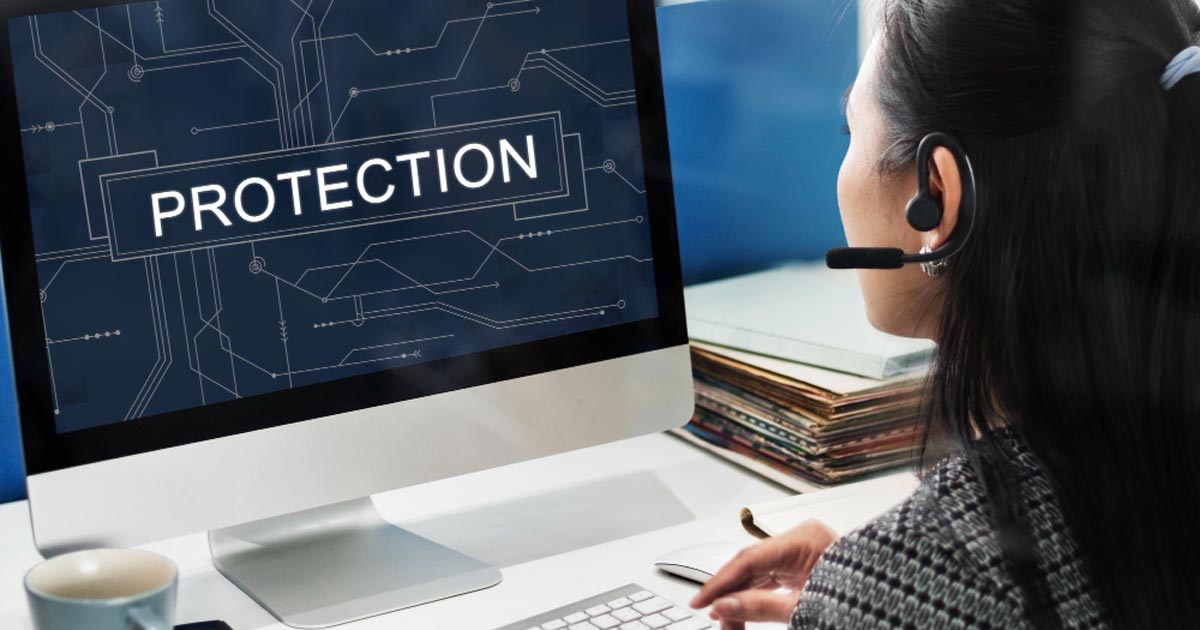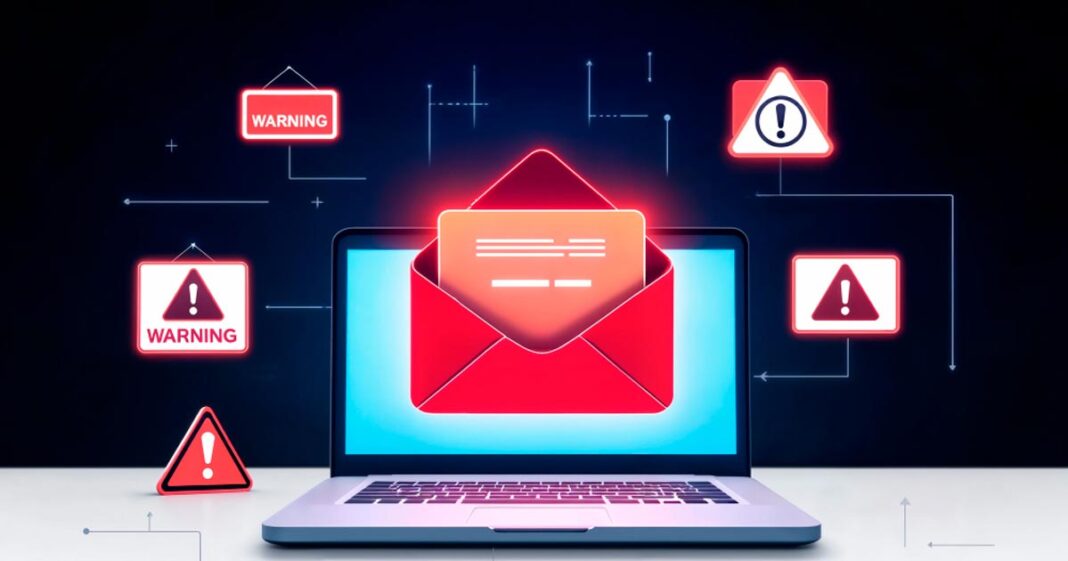
In an age where digital privacy is more important than ever, questions about tracking devices through their MAC addresses often arise. Can a stolen phone be tracked using its MAC address? Can someone find your location through it? Are MAC addresses unique, and do they reveal anything about a device? Let’s unravel the truth behind MAC address tracking, its implications, and whether you should be concerned.
What is a MAC Address?
A Media Access Control (MAC) address is a unique identifier assigned to a device’s network interface card (NIC). It helps a device communicate within a local network, whether through Wi-Fi, Bluetooth, or Ethernet. Unlike an IP address, which can change depending on the network, a MAC address is hardcoded into the hardware, making it a more stable identifier.
Can a Phone Be Tracked Using a MAC Address?
While it is possible to track a device using its MAC address within a local network, it is not practical for large-scale tracking. For example, a router or a network administrator can see the MAC addresses of connected devices, but once a device disconnects, tracking becomes impossible. Unlike an IP address, a MAC address does not travel across the internet, meaning it cannot be used for remote tracking.
Can a MAC Address Help Recover a Stolen Device?
If a device is stolen, tracking it via its MAC address is challenging unless the thief connects to a known network. Some organizations, such as universities and workplaces, maintain logs of MAC addresses on their networks. If the stolen device connects to such a network, administrators may identify its presence. However, most home users will not have access to such tracking mechanisms.
Can Someone See Your Location With Your MAC Address?
Not directly. However, if you frequently connect to public Wi-Fi networks, certain entities can track your movement based on your MAC address. Some retailers use this method to analyze foot traffic by detecting repeated visits to their Wi-Fi hotspots. This is why many modern devices employ MAC address randomization, which periodically changes the device’s MAC address to prevent tracking.
Can You Find an IP Address Using a MAC Address?
Only within the same network. Network administrators can use ARP (Address Resolution Protocol) tables to map MAC addresses to local IP addresses. However, this does not work over the internet. For example, if you want to find the IP address of a stolen laptop using its MAC address, you would need access to the network it is currently connected to—an unlikely scenario for the average user.
Are MAC Addresses Device-Specific?
Yes, MAC addresses are meant to be unique to each network card. The first half of a MAC address identifies the manufacturer (e.g., Apple, Samsung, Intel), while the second half is unique to the specific device. However, some software tools allow users to spoof their MAC addresses, making them appear as another device. This technique is sometimes used for privacy or security reasons but can also be exploited for malicious purposes.
Can You Find a Phone Number from a MAC Address?
No, there is no direct link between a MAC address and a phone number. While telecom providers can track devices using SIM cards, they do not rely on MAC addresses for such purposes.
How Are MAC Addresses Used for Tracking?
Some businesses, airports, and shopping malls use MAC addresses to track customer movement. By detecting devices that repeatedly connect to their networks, they can analyze customer behavior, optimize store layouts, and even send targeted ads. This has led to privacy concerns, prompting companies like Apple and Google to introduce MAC address randomization in their devices.
Does a MAC Address Reveal Information About a Device?
Yes, the first half of a MAC address can tell you the manufacturer of the device. Websites like MAC address lookup tools allow users to input a MAC address and determine the brand of the device. However, this information alone is not enough to identify an individual user.
Are MAC Addresses Considered Personal Data?
Yes, under regulations like the General Data Protection Regulation (GDPR) in the EU, MAC addresses are considered personal data because they can be used to identify and track individuals. Companies that collect MAC addresses for analytics or advertising purposes must ensure they comply with privacy laws.
Can Two Devices Have the Same MAC Address?
Normally, no. Each MAC address is intended to be unique. However, since MAC addresses can be spoofed or changed manually, two devices on the same network might end up with identical MAC addresses, causing network conflicts.
Final Thoughts: Should You Be Worried About MAC Address Tracking?
While MAC address tracking is possible, it is mostly limited to local networks. If you are concerned about privacy, enable MAC address randomization on your device, avoid connecting to untrusted public Wi-Fi networks, and use VPNs for added security.
Technology is always evolving, and so are privacy concerns. Understanding how MAC addresses work and how they can be used ensures you stay one step ahead in protecting your digital footprint.





